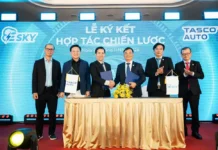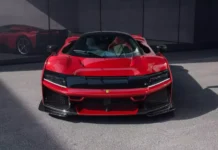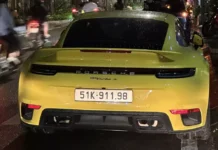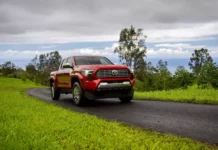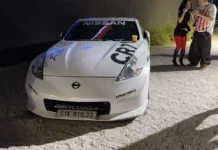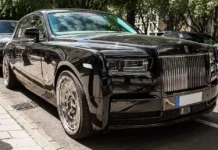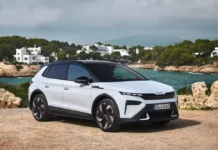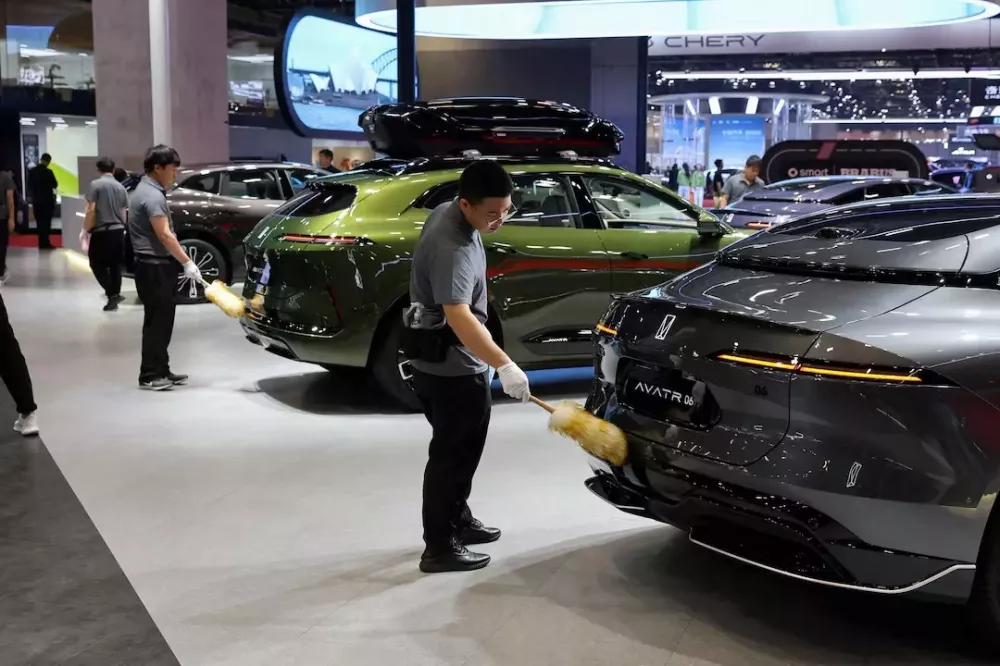The Chinese automotive market has witnessed a boom recently, fueled by generous government subsidies. However, some car dealerships have taken advantage of this program in unscrupulous ways, including selling brand-new, zero-mileage cars as “used” to exploit the trade-in subsidy policy designed to benefit consumers.
Now, at least six Chinese cities and metropolitan areas have temporarily halted these subsidies. This means car buyers in these localities will soon have to pay higher prices for new vehicles. The suspension comes amid growing concerns about the long-term fallout of the pricing war that has engulfed the automotive industry across China.
Announcements from the Zhengzhou and Luoyang city governments attributed the suspension to the depletion of the initial batch of central government-allocated funds. Meanwhile, the Shenyang and Chongqing city administrations stated that the pause aimed to adjust and improve the efficiency of fund utilization. The Xinjiang region in northwestern China has also enacted a similar suspension.
The Chinese government has relied on subsidy programs for big-ticket items like cars, home appliances, and electronics to stimulate consumer spending amid a gloomy mood among citizens due to the prolonged real estate downturn, slow wage growth, and unemployment concerns.
These subsidy programs have been well-received by the public. As of May 31, over four million applications for trade-in subsidies were registered this year, according to China’s Ministry of Commerce.
China’s recently released May retail data surprised on the upside, growing at a faster-than-expected rate of 6.4%. Subsidies were cited as one of the primary drivers of this consumption boost.
While there has been no official announcement regarding the timing of additional central government funding, China’s National Development and Reform Commission and Ministry of Finance have confirmed that the subsidy program will extend through the end of 2025. As such, analysts anticipate new funds for the third quarter to be disbursed starting in July 2025.
However, this subsidy program has also sparked controversies, particularly within the automotive industry. The world’s largest automotive market is facing criticism from regulators as the intense pricing war erodes industry-wide profits.
Official media in Henan province, with Zhengzhou as its capital, reported last week, citing anonymous sources, that the Chinese government had identified some loopholes in the subsidy program and was considering adjustments.
One of the main issues highlighted by the media and officials is the phenomenon of “zero-kilometer used cars,” where new or near-new vehicles are sold as used to qualify for trade-in subsidies, quickly clearing inventory.
Dahe Daily, a Henan provincial government-owned newspaper, stated that the sale of these “unused used cars” was the primary reason for the faster-than-expected depletion of subsidy funds, leading to the suspensions.
Some businesses disguised new or almost-new cars as used to obtain trade-in subsidies, according to the Dahe Daily.
Meanwhile, the People’s Daily, the national mouthpiece of China, also called for a crackdown on “zero-kilometer used cars,” just weeks after Wei Jianjun, chairman of Great Wall Motor, publicly denounced the practice.
In early June 2025, China’s Ministry of Industry summoned carmakers to a meeting where it urged them to end the pricing war in the country.





